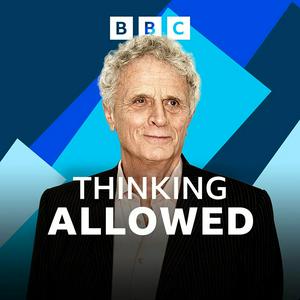What explains the apparent decline of grand theory in sociology, and what does this shift mean for the discipline today? Laurie Taylor asks whether sociologists are now less inclined to engage with large, overarching theoretical frameworks, and explores the reasons behind this change.
He is joined by Professor Les Back (University of Glasgow) and Professor Imogen Tyler (University of Lancaster), who consider whether theory still resonates within contemporary sociology and, if so, which thinkers remain most influential. Who are the discipline’s most cited theorists today, and which grand figures - such as Marx, Weber, Durkheim and Foucault - continue to shape sociological thought?
It may be argued that theory remains stronger within feminist and women’s studies traditions, but what does this suggest about long‑standing questions concerning the gendered character of theory itself?
Laurie Taylor and guests set out to consider which new or emerging theoretical approaches offer fresh ways of understanding familiar social phenomena, and whether they signal a transformation in the discipline or simply a reworking of older sociological concerns.
Producer: Natalia Fernandez


